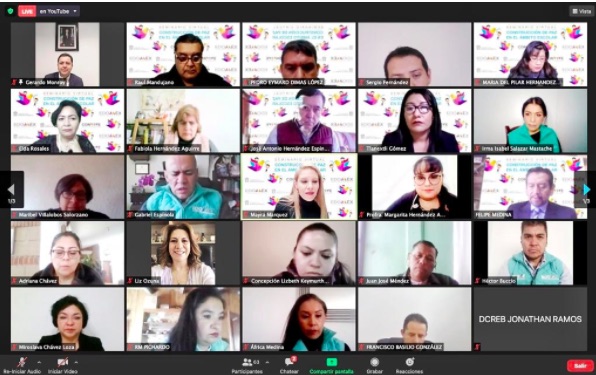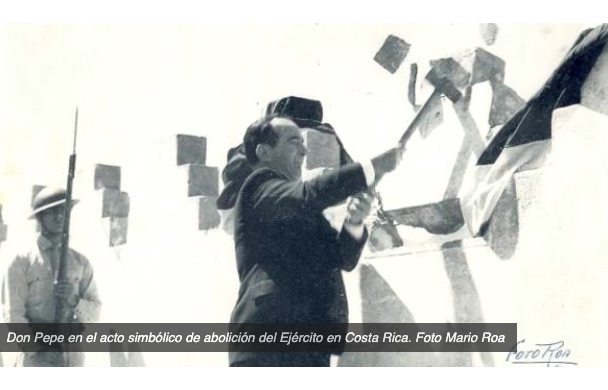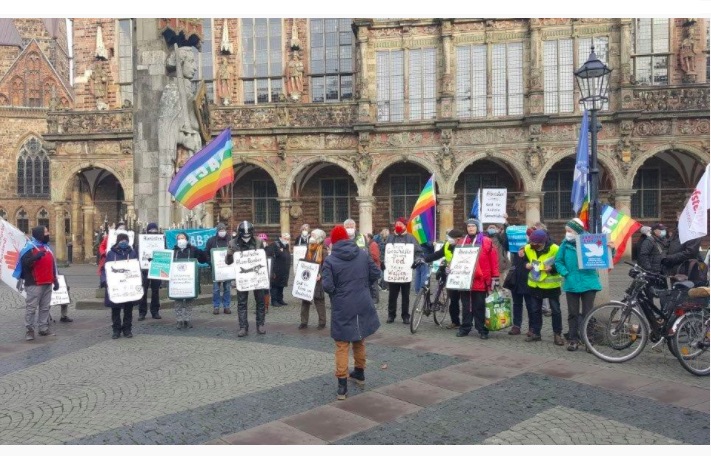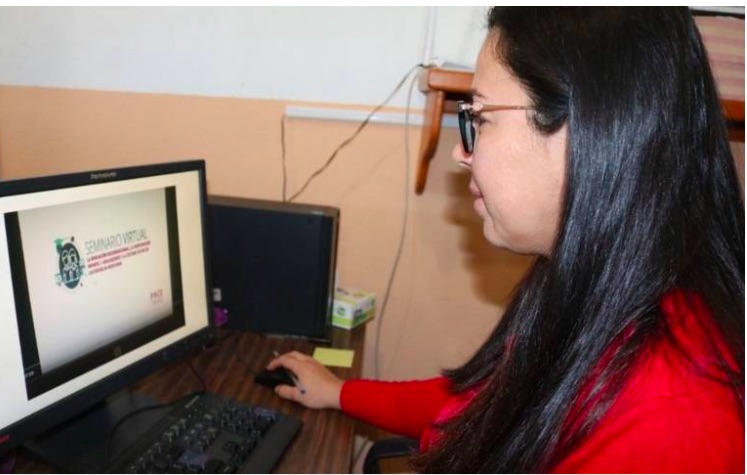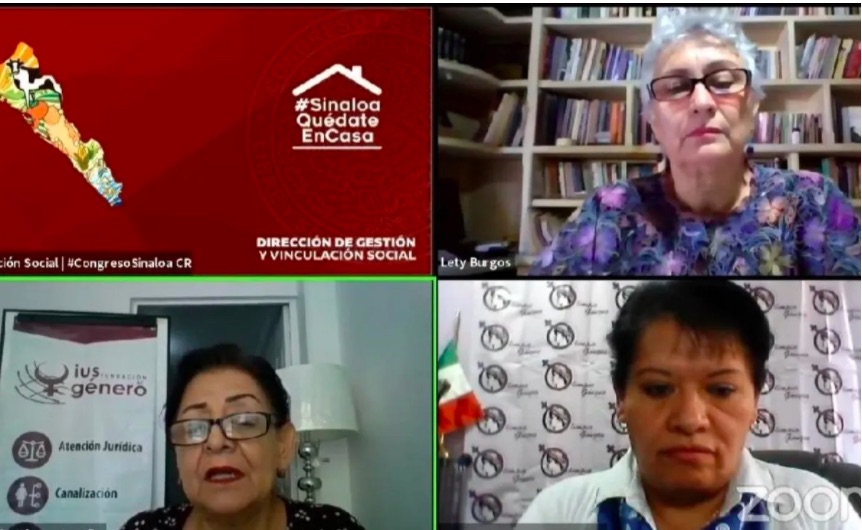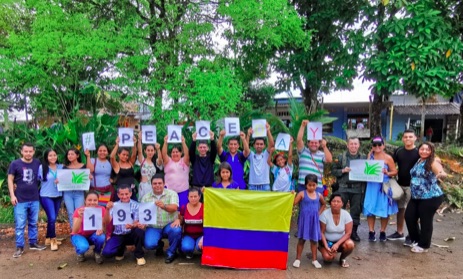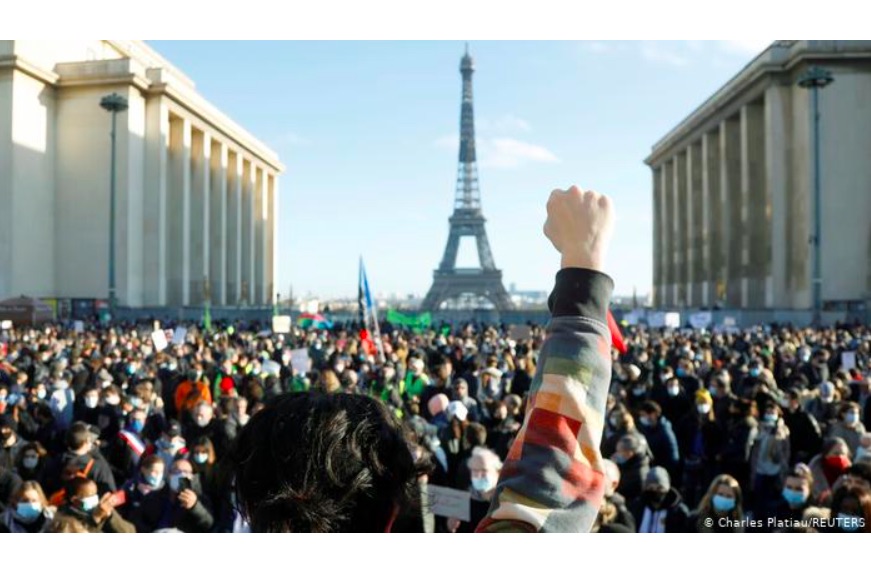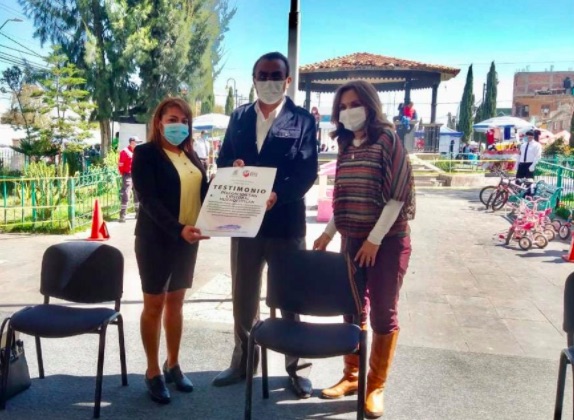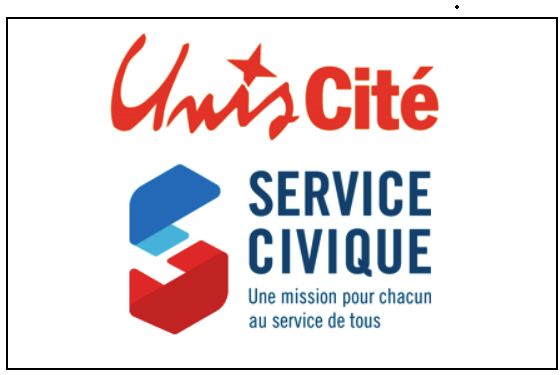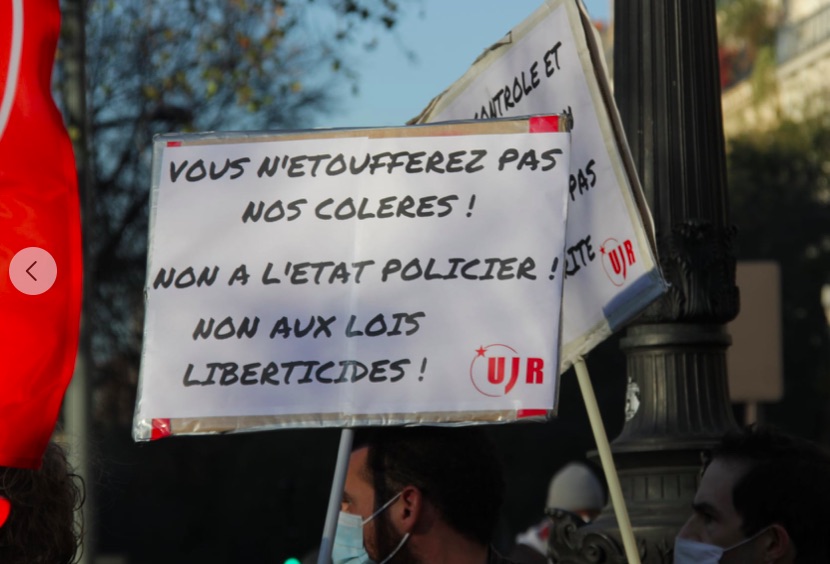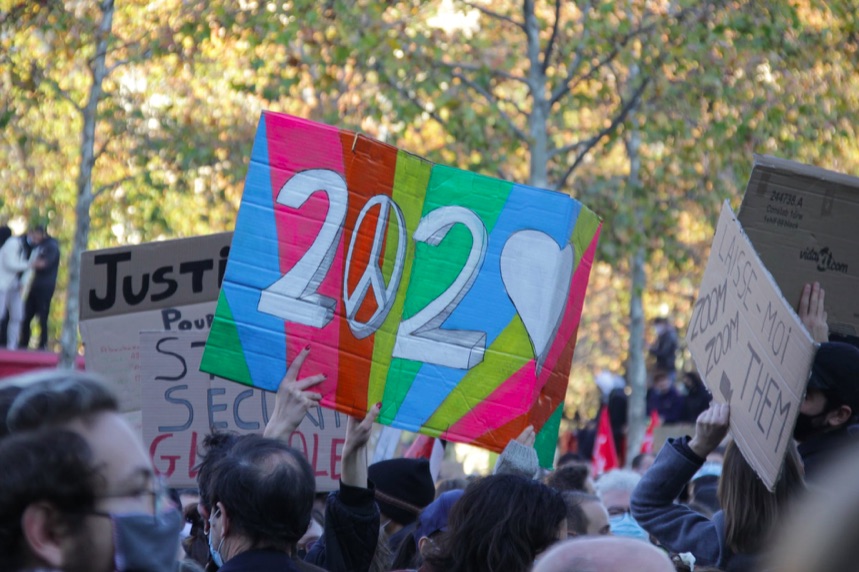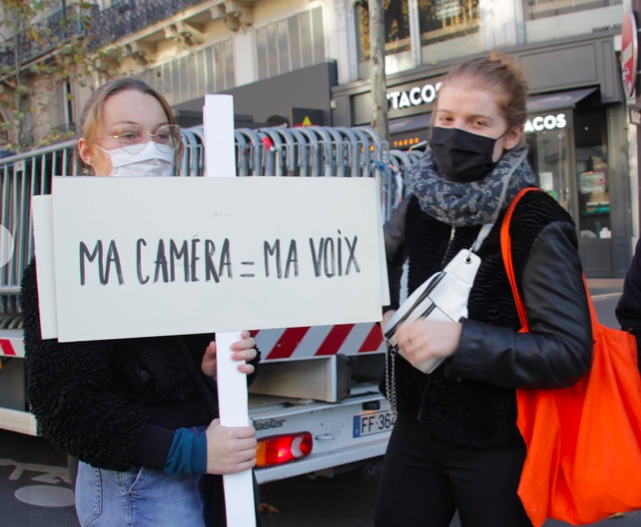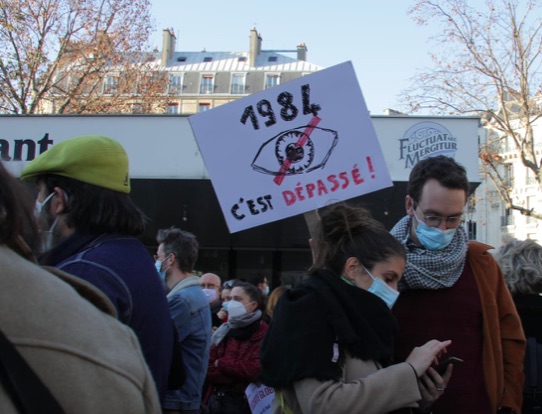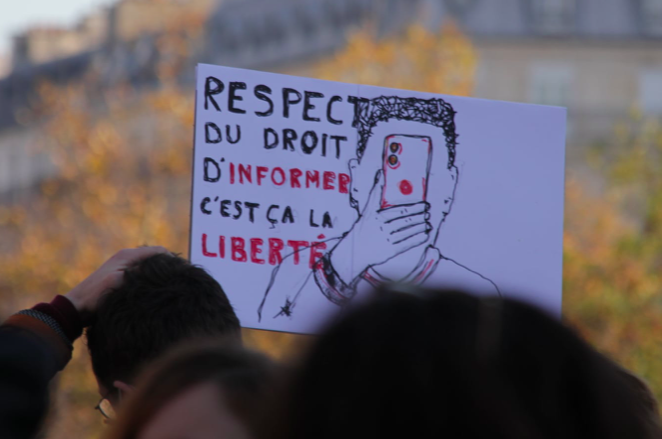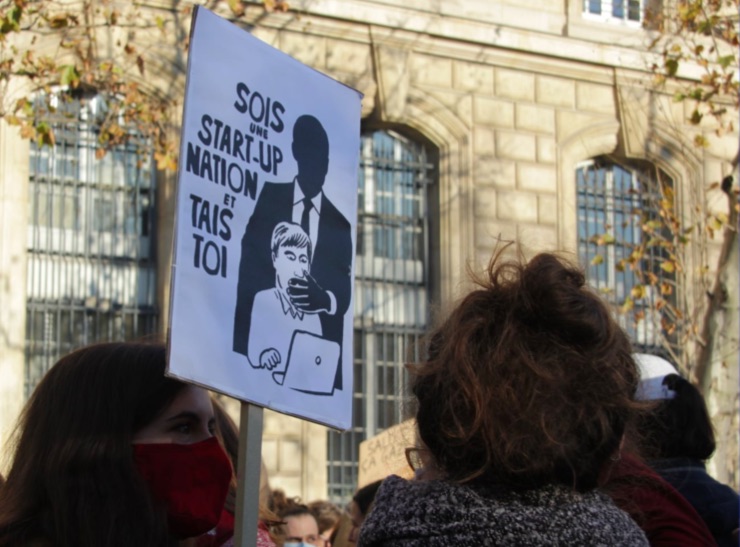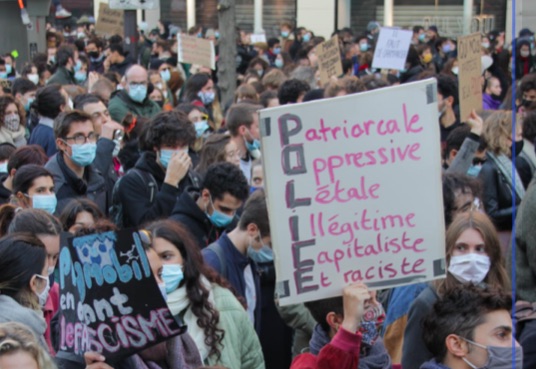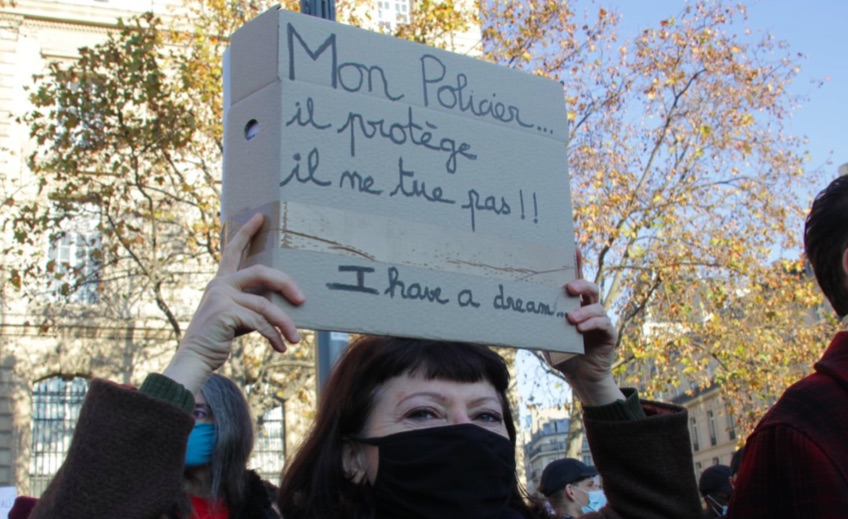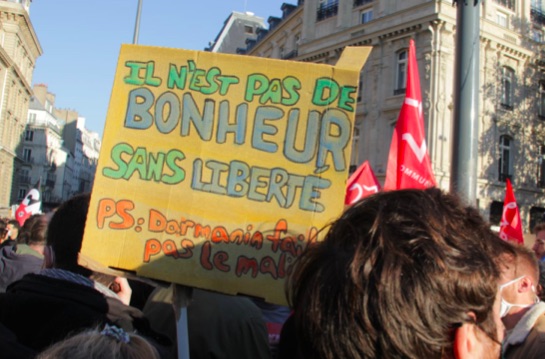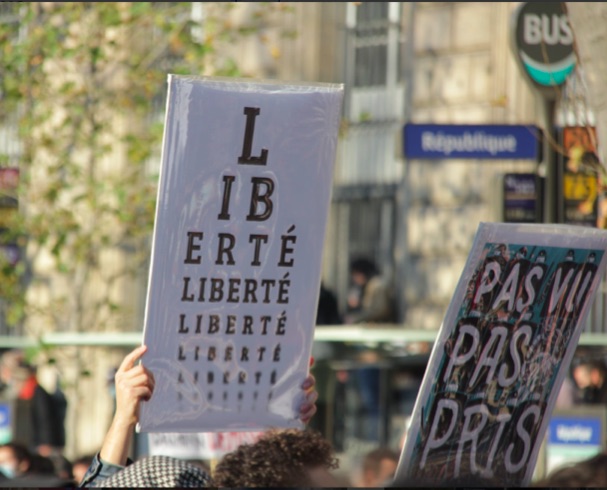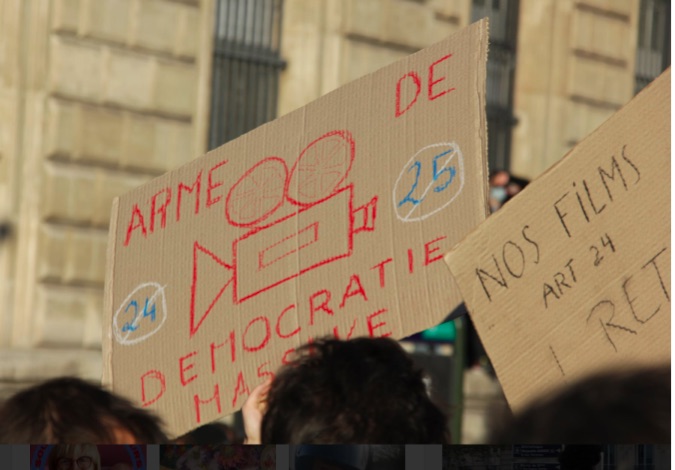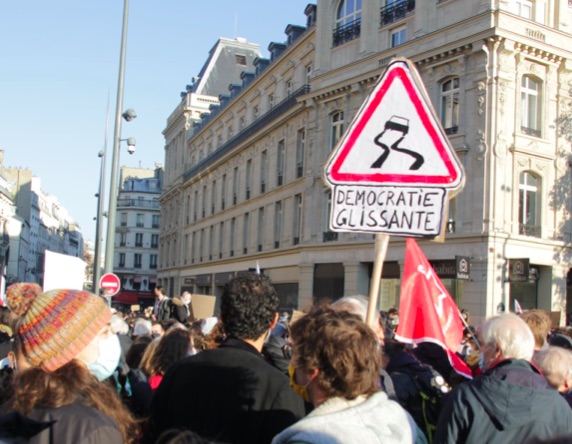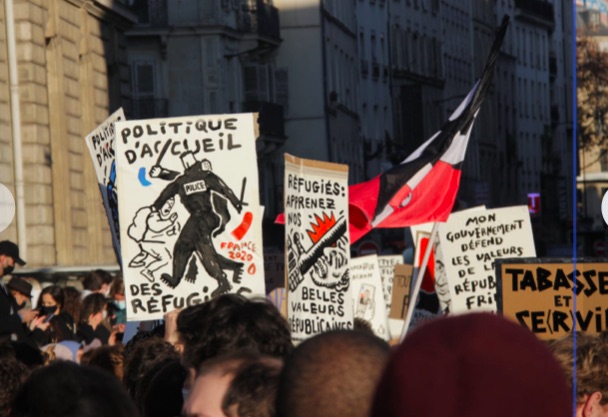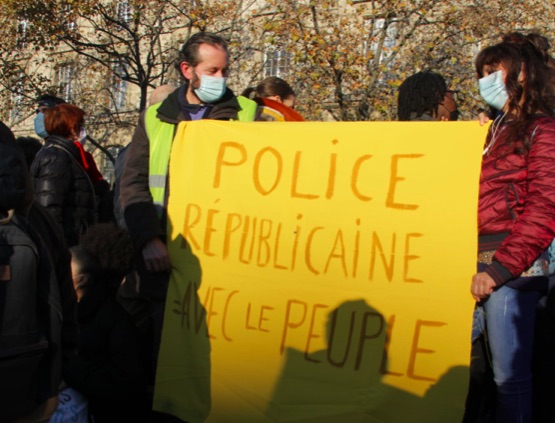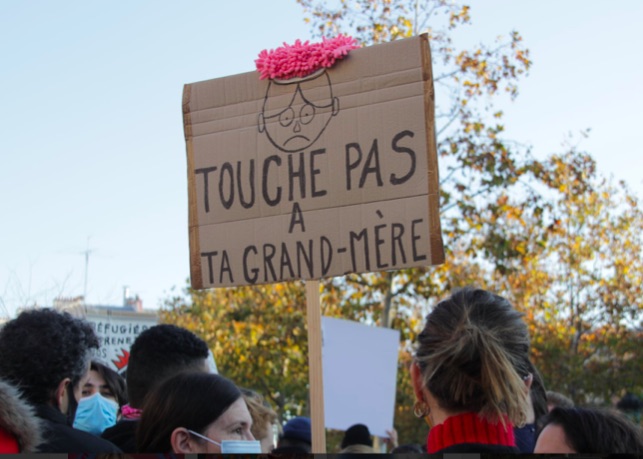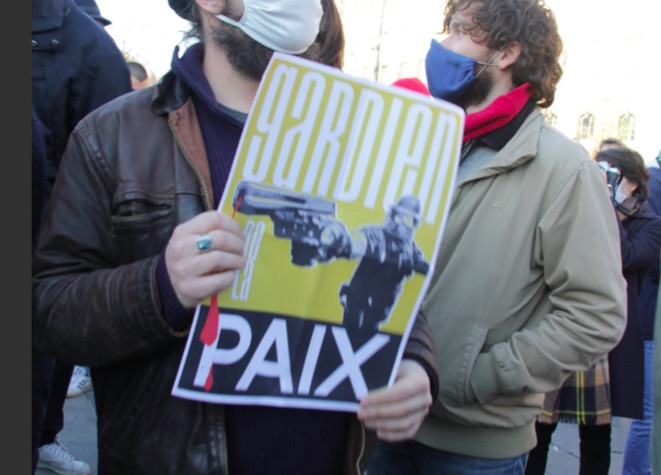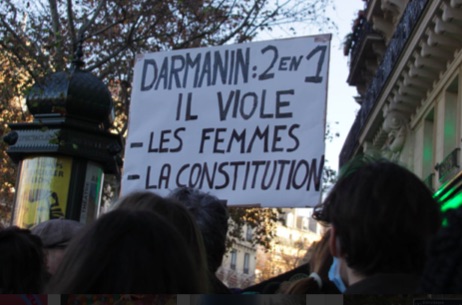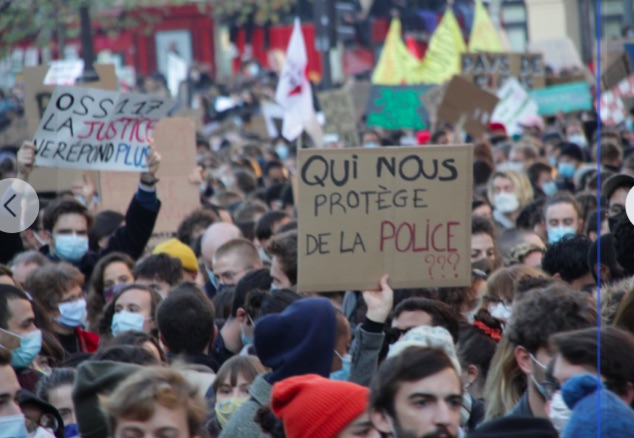DISARMAMENT AND SECURITY .
Information from United Nations Press Release
The Assembly concluded its consideration of its agenda item on the culture of peace . . . acting without a vote, it adopted the resolution “Follow-up to the Declaration and Programme of Action on a Culture of Peace” (document A/75/L.28).
The resolution was sponsored by Angola, Armenia, Bangladesh, Equatorial Guinea, Fiji, Lao People’s Democratic Republic, Morocco, Qatar, Russian Federation, Singapore and Viet Nam:

Here are the 19 operative sections of the resolution.
1. Reiterates that the objective of the effective implementation of the
Programme of Action on a Culture of Peace is to strengthen further the globalmovement for a culture of peace following the observance of the International Decade for a Culture of Peace and Non-Violence for the Children of the World, 2001–2010, and calls upon all concerned to renew their attention to this objective;
2. Welcomes the inclusion of the promotion of a culture of peace in the 2030Agenda for Sustainable Development;
3. Invites Member States to continue to place greater emphasis on and expandtheir activities promoting a culture of peace at the national, regional and international levels and to ensure that peace and non-violence are fostered at all levels;
4. Invites the entities of the United Nations system, within their existing
mandates, to integrate, as appropriate, the eight action areas of the Programme of Action into their programmes of activities, focusing on promoting a culture of peace and non-violence at the national, regional and international levels;
5. Commends the United Nations Educational, Scientific and Cultural
Organization for strengthening efforts to mobilize all relevant stakeholders within and outside the United Nations system in support of a culture of peace, and invites the Organization to continue to enhance communication and outreach, including through the culture of peace website;
6. Commends the practical initiatives and actions by relevant United Nationsbodies, including the United Nations Children’s Fund, the United Nations Entity for Gender Equality and the Empowerment of Women (UN-Women) and the Universityfor Peace, as well as their activities in further promoting a culture of peace and non-violence, in particular the promotion of peace education and activities related to specific areas identified in the Programme of Action, and encourages them to continue and further strengthen and expand their efforts;
7. Underlines that early childhood development contributes to the developmentof more peaceful societies through advancing equality, tolerance, human development and promoting human rights, and calls for investment in early childhood education, including through effective policies and practices, towards promoting a culture of peace;
8. Encourages Member States, United Nations entities, regional and subregionalorganizations and relevant actors to consider instituting mechanisms to involve youth in the promotion of a culture of peace, tolerance and intercultural and interreligious dialogue and develop, as appropriate, an understanding of respect for human dignity, pluralism and diversity, including, as appropriate, through education programmes, that could discourage their participation in acts of terrorism, violent extremism as and when conducive to terrorism, violence, xenophobia and all forms of discrimination;
(continued in right column)
Question for this article:
What is the United Nations doing for a culture of peace?
(continued from left column)
9. Encourages the United Nations Alliance of Civilizations to increase its
activities that focus on peace education and global citizenship education in order to enhance an understanding among young people of values such as peace, tolerance, openness, inclusion and mutual respect, which are essential in developing a culture of peace;
10. Encourages the United Nations peacebuilding architecture to continue to
promote peacebuilding and sustaining peace activities, as outlined in its resolution 72/276, and to advance a culture of peace and non-violence in post-conflict peacebuilding efforts at the country level;
11. Urges the appropriate authorities to provide age-appropriate education inchildren’s schools that builds a culture of peace and non-violence, including lessons in mutual understanding, respect, tolerance, active and global citizenship and human rights;
12. Encourages the involvement of media, especially the mass media, in
promoting a culture of peace and non-violence, with particular regard to children and young people;
13. Commends civil society, non-governmental organizations and young
people for their activities in further promoting a culture of peace and non-violence, including through their campaign to raise awareness on a culture of peace and the peaceful settlement of disputes;
14. Encourages civil society and non-governmental organizations to further
strengthen their efforts to promote a culture of peace, inter alia, by adopting their own programme of activities to complement the initiatives of Member States, the United Nations system and other international and regional organizations, in line with the Declaration and Programme of Action on a Culture of Peace;
15. Invites Member States, all entities of the United Nations system and civilsociety organizations to accord increasing attention to their observance of theInternational Day of Peace on 21 September each year as a day of global ceasefireand non-violence, in accordance with its resolution 55/282 of 7 September 2001, and of the International Day of Non-Violence on 2 October, in accordance with itsresolution 61/271 of 15 June 2007;
16. Reiterates its request to the President of the General Assembly to considerconvening a high-level forum, as appropriate and within existing resources, devoted to the implementation of the Programme of Action on the occasion of the anniversary of its adoption, on or around 13 September, and requests the Secretariat to provide required logistical support for its effective organization within their respective mandates and existing resources;
17. Invites the Secretary-General, within existing resources, in consultationwith the Member States and taking into account the observations of civil societyorganizations, to explore mechanisms and strategies, in particular strategies in the sphere of information and communications technology, for the implementation of the Declaration and Programme of Action and to initiate outreach efforts to increase global awareness of the Programme of Action and its eight areas of action aimed at their implementation, including through public information activities by the Department of Global Communications of the Secretariat;
18. Requests the Secretary-General to submit to the General Assembly at its
seventy-sixth session a report, within existing resources, on actions taken by Member States, on the basis of information provided by them, and those taken system-wide by all concerned entities of the United Nations to implement the present resolution and on heightened activities by the Organization and its affiliated agencies to implement the Programme of Action and to promote a culture of peace and non-violence;
19. Decides to include in the provisional agenda of its seventy-sixth sessionthe item entitled “Culture of peace”.
